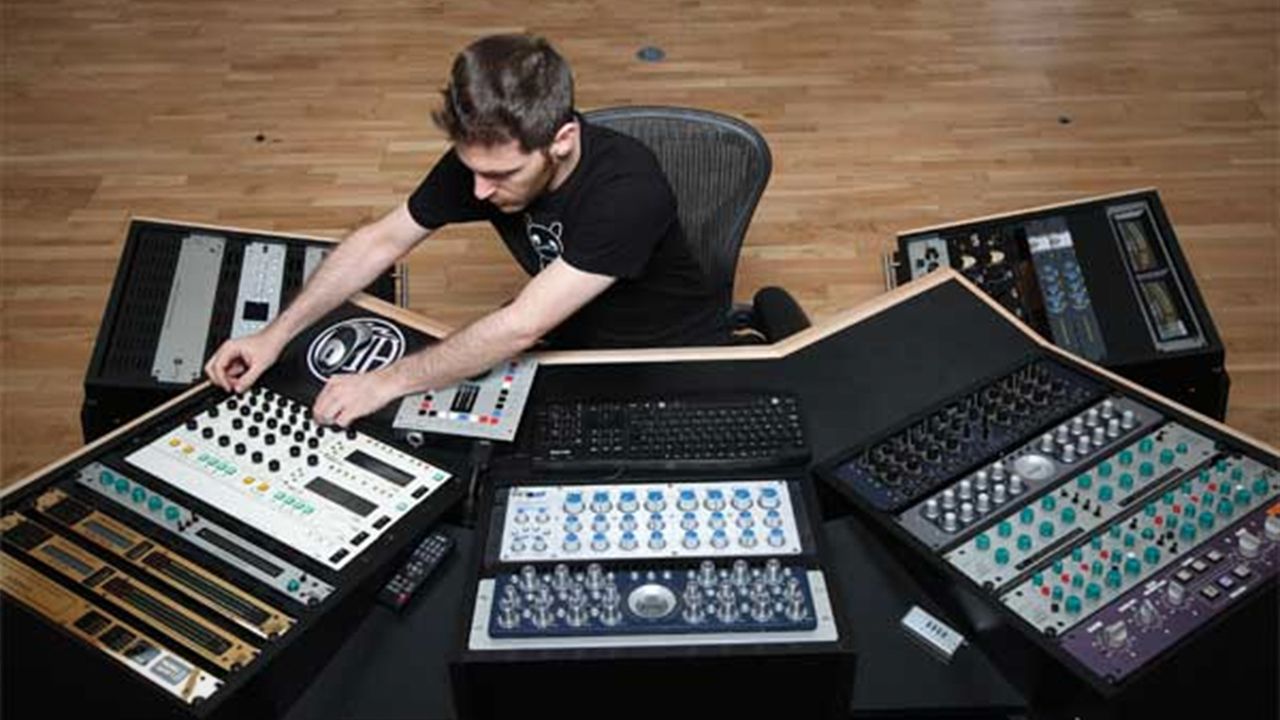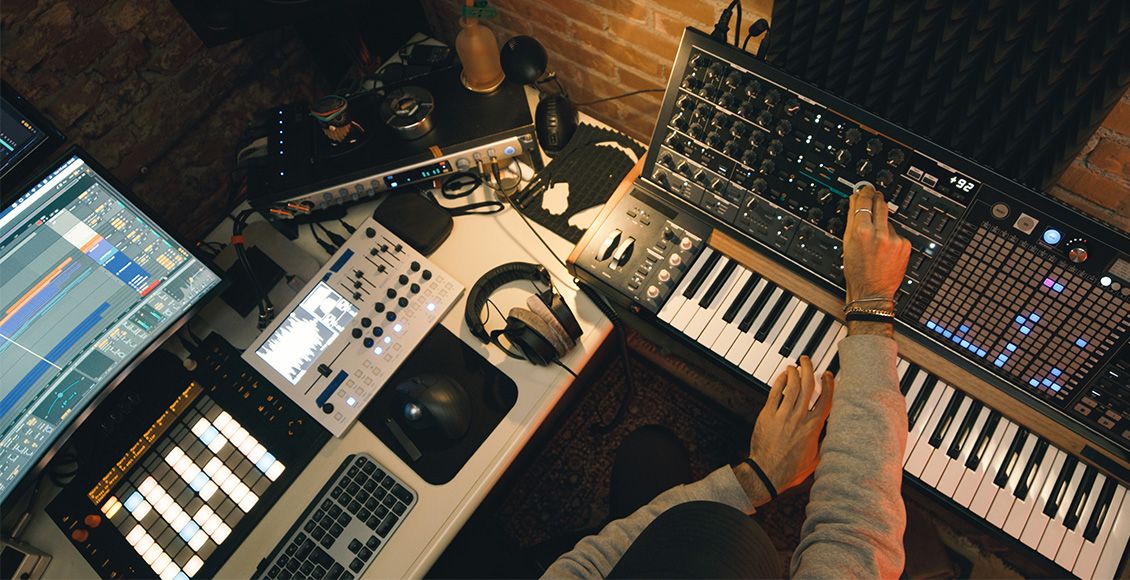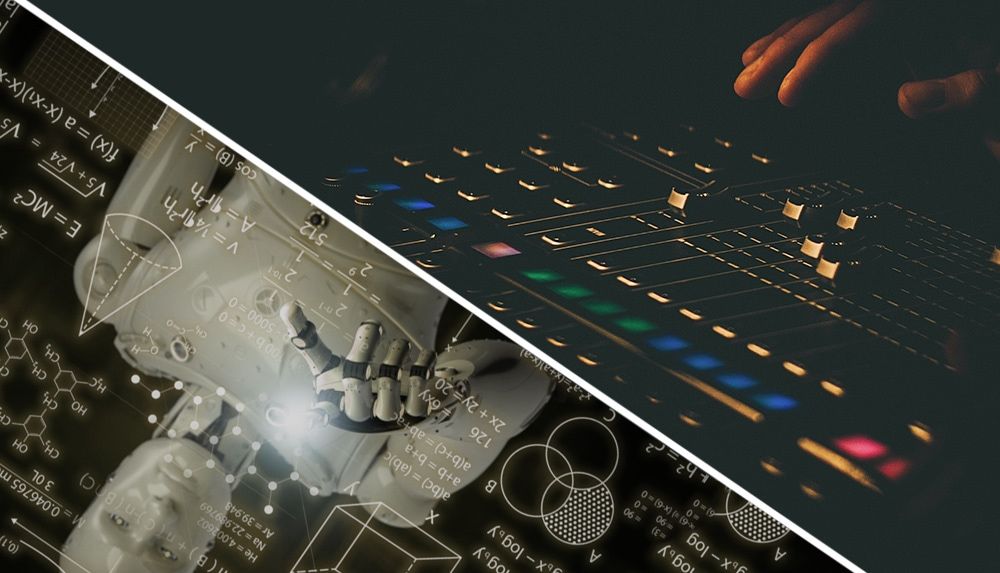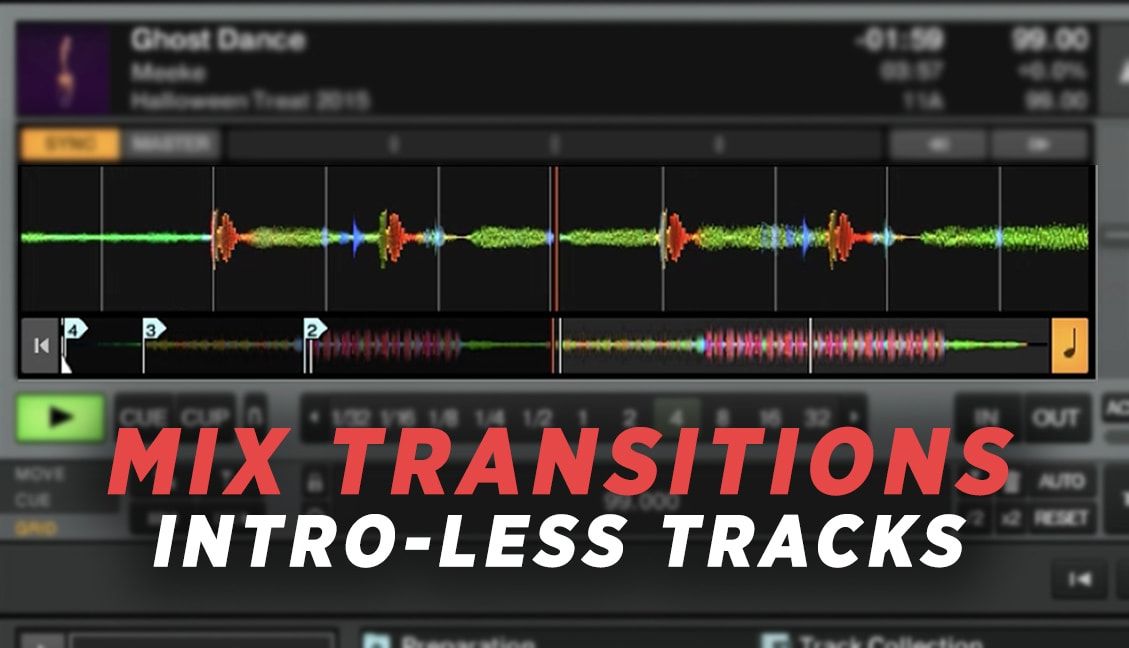Taking a song from a rough mixdown into a final product ready for release is often an under-appreciated process in music production. Mastering engineers are able to take the hard work of artists and make them shine on all types of sound systems around the world – but for a producer who has never worked with one before, it can be a strange new world. In today’s article, guest contributor Tarekith shares his advice on how to get the most from working with a mastering engineer.
Editor’s Note: The author, Tarekith, owns a music studio in Seattle and has over a decade of experience mastering and mixing down electronic music – as well as over 20 years of releasing his own music. As such, he’s well-versed in the challenges that comes with the mastering process!
Your First Time Working With A Mastering Engineer
As someone who’s been fortunate enough to master thousands of songs for other artists over the last 16 years, I’ve seen firsthand how much of a difference professional mastering can make to an artist’s song.
However, every once in a while the artist might not get exactly what they wanted. As this is usually down to communication and preparation and easily remedied, I thought it might be worth sharing some ideas on the best way to get the most out of your first time working with a professional mastering engineer.
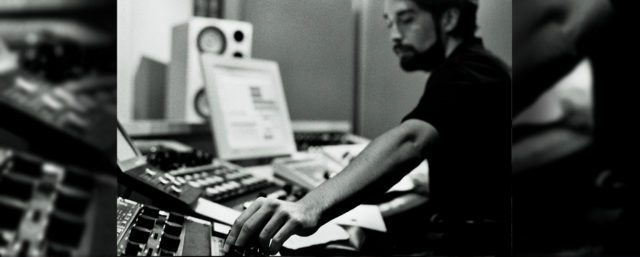
1. Perfect Your Mixdown Before You Send It To Be Mastered
The happier you are with your mix, the happier you’re going to be with the mastering. While we can sometimes make dramatic changes to the sound of mixdown, it’s important to remember that the goal of mastering is not to radically change the sound of your song. If there are problems in your mix that you know are keeping you from being happy with it, do your best to solve those before sending it for mastering.
If you’re at a loss, reach out the mastering engineer you plan on working with and see if they can offer some quick pointers. Often when we hear the song in our calibrated listening environments, we can spot issues and offer suggestions very quickly. Just remember you’re paying your mastering engineer to master your song, not offer weeks of mixing advice, so try not to take advantage of what many mastering engineers consider a bit of free help.
Not all mixdowns need tweaking prior to mastering! Don’t be offended if the engineer doesn’t come back with a list of changes to make. I find that often times artists are too self-conscious about their work, and think their mixdowns are lacking, when usually they can be great as is!
2. Send The Right Files + Double Check!

Make sure you are sending the correct file, in the format the mastering engineer requests. It might seem like common knowledge, but many producers still send MP3s to be mastered instead of uncompressed WAVs or AIFF files.
Most mastering engineers prefer 24- or 32-bit files, at the same sample rate as the DAW project file. Very rarely does exporting a mixdown at a higher sample-rate sound better, at best it might sound a little different, at worst it might actually sound worse than a lower sample rate. Talk to your engineer and see what they prefer.
Always double-check that the file you send is correct – don’t just look at the waveform after it’s rendered, listen to it all the way from start to finish before you send it off. Often mistakes happen because a track might have been accidentally muted, or perhaps the artist rendered an earlier version of the mix they had worked on. Save everyone the hassle of having to redo the work by giving it one last listen before you send it in.
3. Spend Some Time Away From The Mix

Give yourself plenty of time to get the most out of the mastering experience. Often times as deadlines loom, it can be easy to let the mastering slip until the very last minute. Not only does this leave less time for any possible revisions to be made, but as artists we rarely make things sound the best while under the gun.
I often tell my clients to take a couple of days completely away from the mixdown when they think they are done (when possible), and then do that final listening check. Usually any mix issues you might have missed after weeks of focusing on the song are instantly recognizable with fresh ears.
4. Establish A Solid Dialog + Expectations

Communication is key, both before and after the mastering session. Engineers are ultimately working for you, the producer – if you don’t tell us what you’re expecting, or what kind of issues you think the song has compared to your vision, we’ll never know.
Don’t be afraid to send along a couple of reference tracks you think your song can end up sounding like, or even just a few notes about what kind of sound you’re going for.
If you get the master back and it’s not what you were expecting, let the mastering engineer know! Most offer a couple of free revisions, and usually once we know what it is you’re after, it’s easy to get the tracks where they need to be on the next pass. Again, we’re here to help you, the artist, meet your goals, so don’t be embarrassed to ask for a few changes. Trust me, it happens more than you would think and most mastering engineers are only too happy to oblige. Ditto if you need different formats like MP3, DDPs, or MFiT compatible versions.
Final Mastering Thoughts
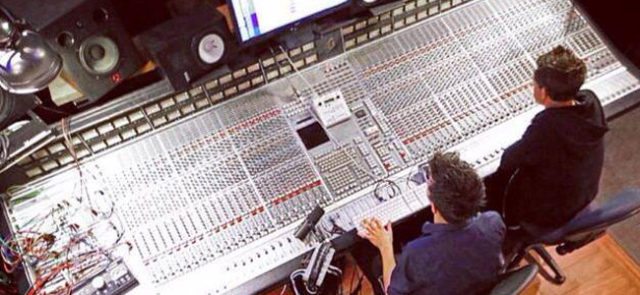
None of this advice is especially complicated, but by taking a few simple steps, the whole process will go smoothly for both parties.
I’ll be the first to admit that not all songs need professional mastering – but when you’re ready to take that next step, keep these tips in mind and enjoy the difference an experienced engineer can make to the art you’ve spent so much time crafting. In my experience, most people are more surprised by the results than they expected!
Read more from Tarekith: A Producer’s Guide To Overcoming Writer’s Block
Tarekith (Erik Magrini) is the owner of Inner Portal Studio a Seattle-based facility with over 16 years experience providing quality mastering and mixdowns of electronic music for producers around the world. He’s been writing, releasing, performing and DJing electronic music of all genres for over 20 years – learn more on his official website.


